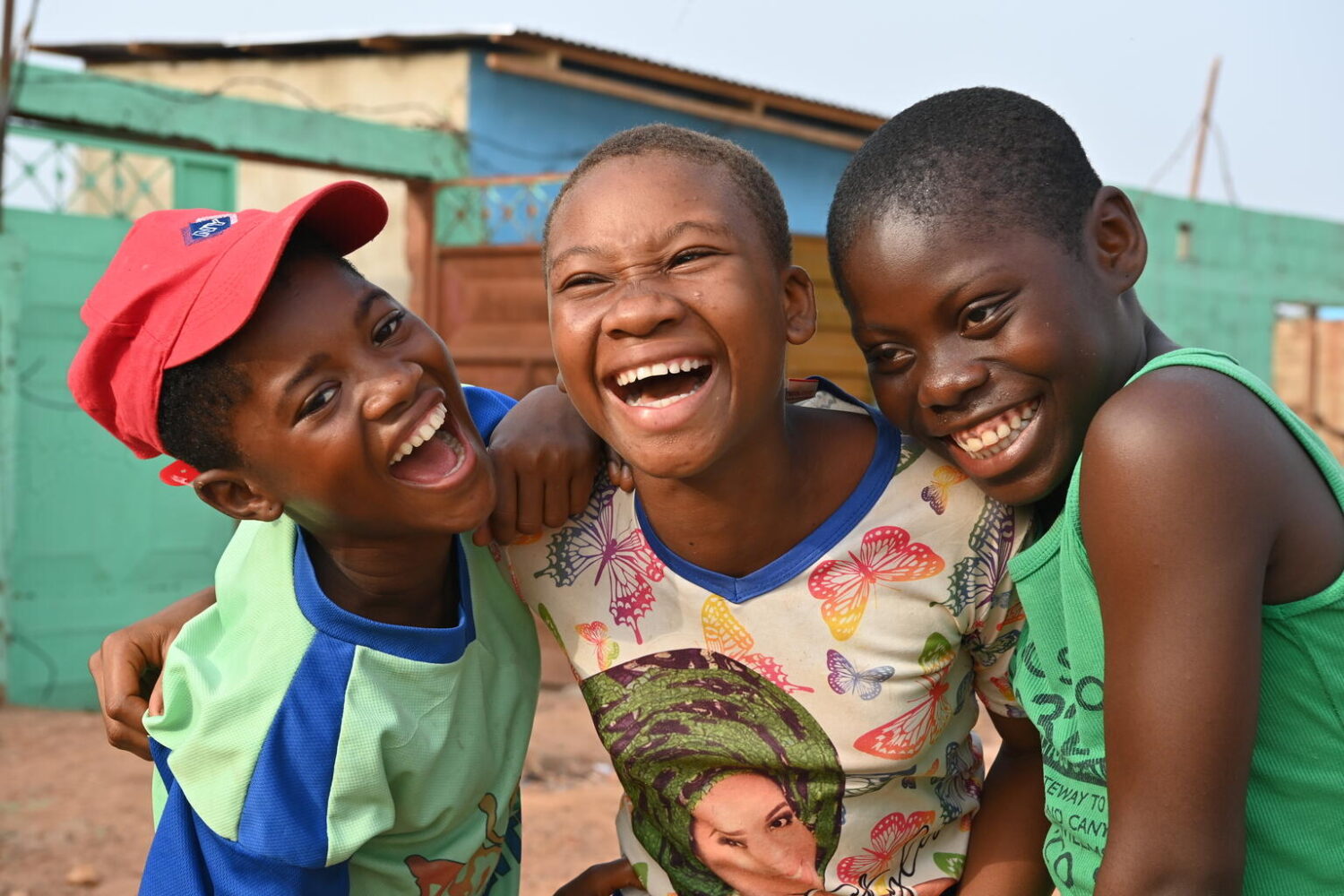
More than 2.1 million children caught up in humanitarian crisis in Niger
GENEVA/DAKAR/NIAMEY, 2ND JULY 2021 – Conflict, displacement, food insecurity, malnutrition, recurrent disease epidemics and outbreaks, cyclical floods and droughts in Niger have put more than 3.8 million people, including 2.1 million children, in need of humanitarian assistance, a 30 percent increase compared to 2020.
UNICEF today released a report calling for increased attention and mobilization to the plight of those children and families who “suffer in silence.”
“Considering the dramatic increase in the number of people affected by the multiple, prolonged and complex emergencies in the country, it is a challenge to the government and to the humanitarian community to meet their needs”, said UNICEF Regional Director for West and Central Africa, Ms. Marie-Pierre Poirier.
Insecurity is spreading at a rapid pace in Niger. Attacks along the borders with Burkina Faso, Mali and Nigeria have led to significant displacements in the country and continue to wreak havoc on the lives of hundreds of thousands of children.
“Children’s lives have been torn apart. It is hard to believe that children should live in permanent fear of such attacks. This doesn’t have to be their reality” she warned. “The protection of children’s rights, including children in displacement is fundamental, be it the right to food, health, education, water or the right to be protected from violence. They need shelter, food, drinking water, medical care and education”.
Attacks in the Lake Chad region have prevented nearly 269,000 people in Diffa (eastern Niger) from returning home. More than 195,000 people are now displaced in the regions of Tillabery and Tahoua, in western Niger. Over 77,000 people who have fled inter-communal violence in northern Nigeria are currently living in Maradi region (central Niger), together with more than 21,000 Internally Displaced Persons (IDPs).
As of end of March 2021, Niger hosted a total of 313,000 IDPs, 235,000 refugees and 36,000 returnees.
The number of schools forced to close due to insecurity in conflict-affected areas has increased from 312 to 377 over recent months in Niger. Threats to school security were particularly acute in the regions of Tillabéry, Tahoua and Diffa. In 2020, over 300 schools were closed across the country, affecting almost 22,000 children. Access to schools in these regions is restricted, hampering efforts to support children affected by armed violence.
“Attacks on schools and threats to education are destroying the hopes and dreams of an entire generation of children. The life of a child excluded from school is a tragedy of unfulfilled potential and lost opportunity”, Ms. Poirier said.
The sharp increase in insecurity and movement restrictions consequently imposed by the Government have hampered humanitarian actors’ access to populations affected by conflict. UNICEF calls on all stakeholders to respect humanitarian spaces allowing safe and sustainable access to deliver humanitarian assistance to affected populations, including women and children, wherever they are.
UNICEF is working across the country on several priority fronts to help those affected by emergencies and conflicts. It is working with national actors and humanitarian partners to respond to acute emergencies, such as population movements, and strengthen national capacities to mitigate risks and respond to cyclical and chronic emergencies, including flooding, malnutrition, disease outbreaks and epidemics.
In 2021, UNICEF and its partners will need $102.2 million to deliver vital humanitarian aid to children throughout the country.
“UNICEF appeals for solidarity to help the Government and its partners provide vital assistance to affected populations and improve their living conditions” Ms. Poirier called.
###
ABOUT UNICEF
UNICEF works in some of the world’s toughest places, to reach the world’s most disadvantaged children. Across more than 190 countries and territories, we work for every child, everywhere, to build a better world for everyone.
The UK Committee for UNICEF (UNICEF UK) raises funds for UNICEF’s emergency and development work for children. We also promote and protect children’s rights in the UK and internationally. We are a UK charity, entirely funded by supporters.
United Kingdom Committee for UNICEF (UNICEF UK), Registered Charity No. 1072612 (England & Wales), SC043677 (Scotland).
For more information visit unicef.org.uk. Follow UNICEF UK on Twitter, LinkedIn, Facebook and YouTube.
For more details, please contact:
Yemi Lufadeju, +44 20 7375 6199, [email protected]
Unicef UK Media Team, 0207 375 6030, [email protected]


